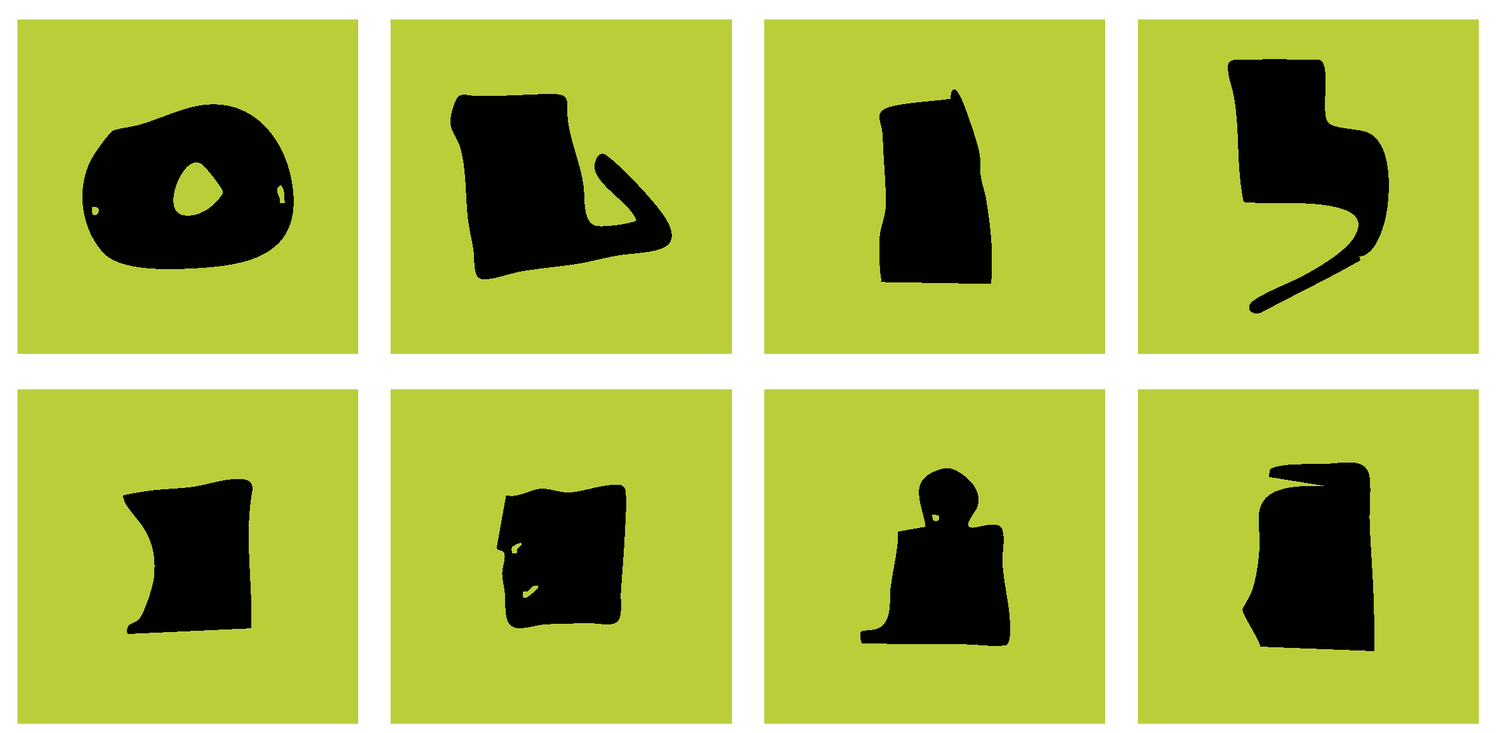Masoumeh Baghgaraei
Not a Secret
11 - 22 April 2025
Masoumeh Baghgaraei began her career as a ceramic artist, gradually combining ceramics with texture art. Discovering that textile arts and embroidery better conveyed her core ideas about women’s concerns, she shifted her focus. Having learnt embroidery in school – with her mother also practising the craft – Baghgaraei found deeper resonance in this medium. During the 2022 Women, Life, Freedom Movement, where women cut their hair, protesting governmental responses to their demands, she requested these cuttings for her artwork. Receiving an overwhelming response, she subsequently concentrated on hair embroidery as her primary technique.
Embroidery and hair are consistently perceived as ordinary and marginal materials. Consequently, they prove particularly effective for conveying women’s concerns, which are similarly marginalised as trivial subjects. Yet these concerns affect fifty per cent of humanity and cannot be dismissed as unimportant. Whilst societal contexts differ, the central issue remains constant: women’s empowerment. Through employing these marginalised materials and techniques, she strives to bring women’s overlooked experiences to the forefront.
When a close friend was diagnosed with cancer, Baghgaraei and fellow friends committed to supporting her throughout treatment. This period highlighted two key realisations: many patients conceal their illness, and familial/friend support is crucial. Upon receiving her friend’s cut hair for artwork, she resolved to create a collection emphasising these themes. This body of work visually articulates how sympathy and companionship alleviate the pain of arduous medical journeys.
Masoumeh Baghgaraei
Life, 2025
Embroidery and hair on linen
77 x 68 cm
Masoumeh Baghgaraei
In the Shadow of Weeping Willow, 2025
Embroidery and hair on linen
107 x 63 cm
Masoumeh Baghgaraei
Party, 2024
Embroidery and hair on linen
59 x 71 cm
